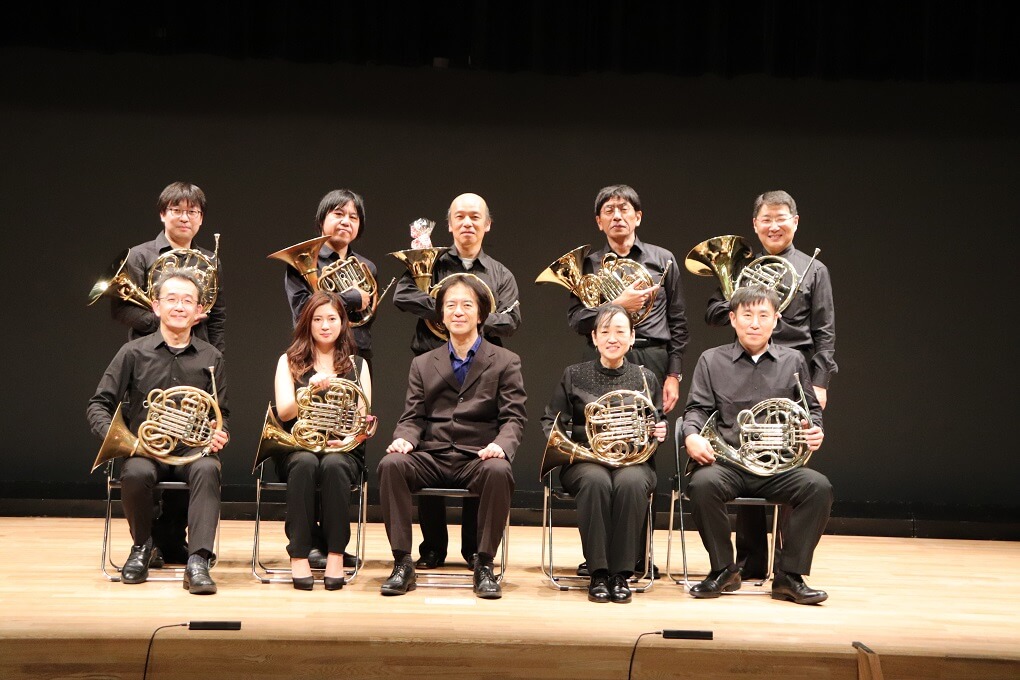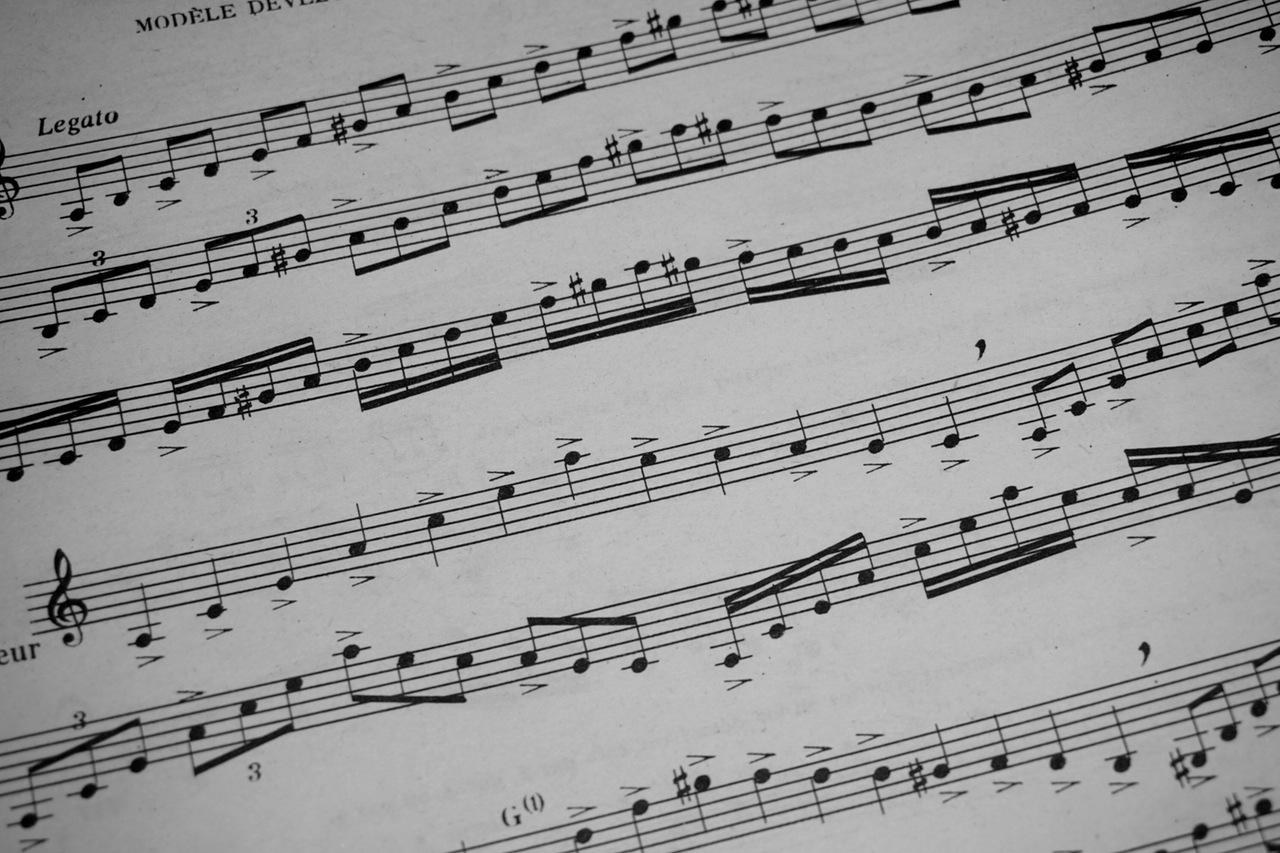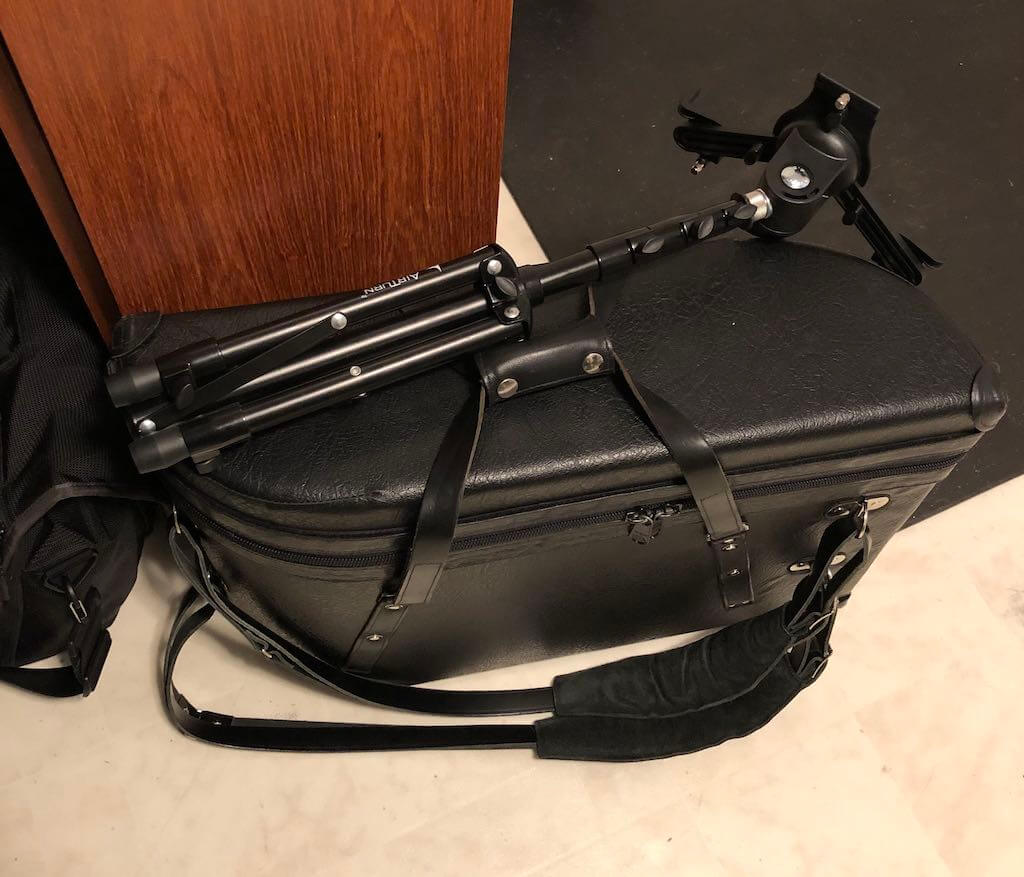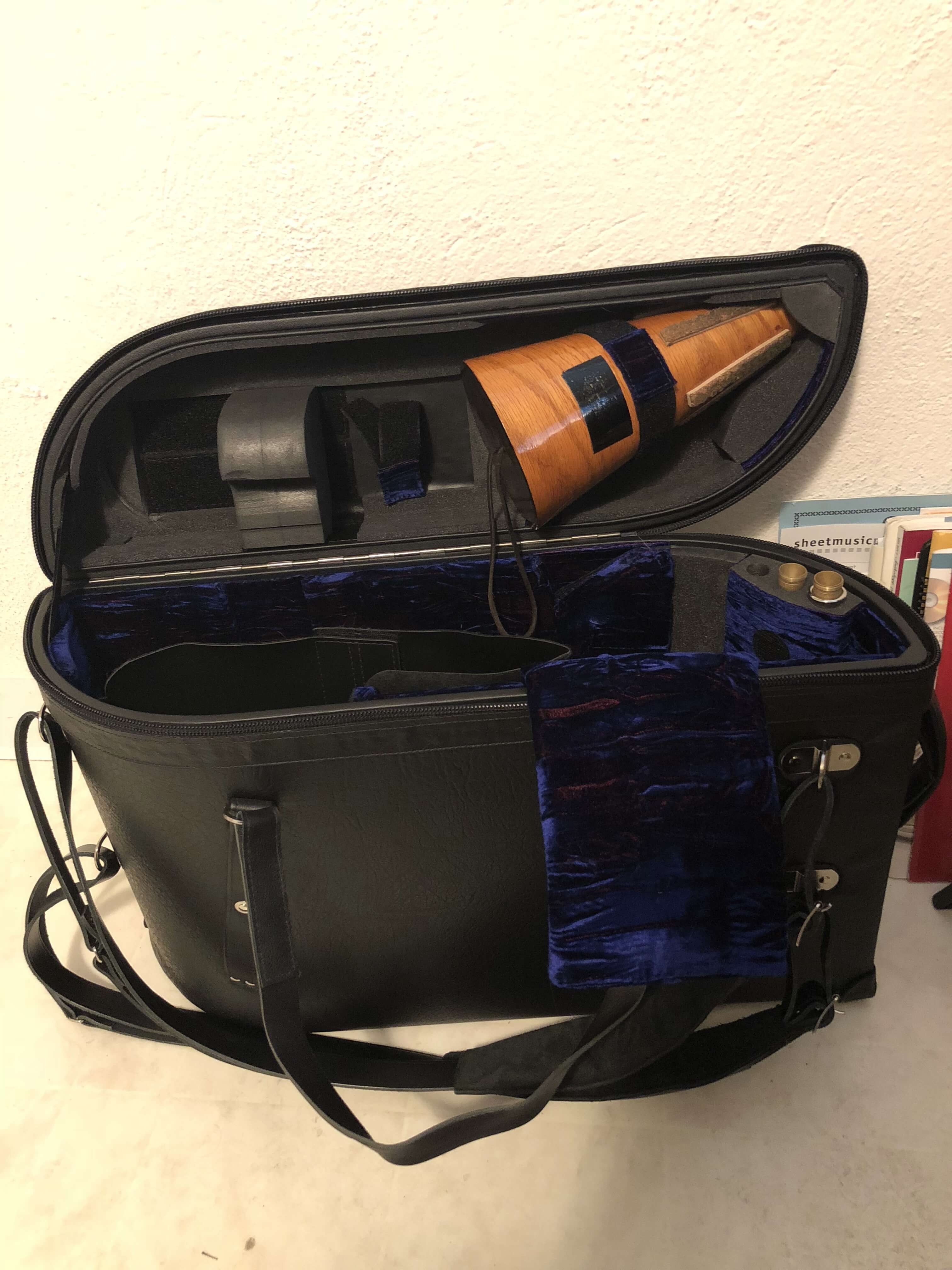Tag: horn playing
Here you can view a specific archive, or you can go to the homepage.
-

Top-Notch Resource for Any Horn Ensemble
As I write this, it’s just after the yearly Solo and Ensemble festival for my students, and so, of course, I just stumbled across an excellent resource for next year! The Kumamoto Horn Ensemble (KHE) The Kumamoto Horn Ensemble has been an active horn ensemble for almost 20 years, and their website is an outstanding…
-

Teaching Musical Interpretation: Learn, Listen, Count
In years of working with students on the horn, one of the most difficult concepts to teach (at least for me), has been the idea of musical phrasing. I imagine that this is (at least in part) because getting a strong set of fundamentals took me so long. I don’t know if this is true…
-

Upgrade to Digital Music Reading: New Stand!
So I’ve really been enjoying using my tablet as a digital music reader. It’s certainly been an adjustment (I’ve written about some of those here), but overall I really have been enjoying it. One recent upgrade that I made was for a relatively small and compact stand/tablet holder setup to fit in the car and…
-

How Important Is Intonation? It Depends.
Intonation. Almost everyone who has played any instrument with flexible intonation has been told that they are out-of-tune. In some of the middle and high school bands I work with, the director will go up and down the rows with a tuner, telling students that they are flat or sharp, or simply telling students to…
-
The gate is open. Don’t wait to be chosen
Seth Godin’s blogs and podcasts have been a relatively frequent topic on this blog (and they’ll probably continue to be in the future), but his Akimbo podcast episode from October 10, 2018 really stuck with me. Entitled “You’re It”, this episode has the overarching theme of how the internet has removed the big gatekeepers from…
-

Yo-Yo Ma and Doug Yeo on Changes and Choices
Yo-Yo Ma is one of the most iconic classical musicians of the last 30-plus years. His recordings of the Bach Cello Suites (made in the early 1980’s, the late 1990’s, and in 2017) have shown an incredible ability to capture the musical essence of Bach, and they also serve as a great example of different…
-

Do More in Less Time: 80/20 Your Practice Next Year
The is an old “rule” that’s commonly used in business, but I think that it has some great application in the music world too. The 80/20 Principle: In Brief The basic idea of the 80/20 Principle (also called the Pareto Principle) is that in most cases, 80% (or so) of results come from 20% (or…
-

Performance Day Preparation Template
Here in Kentucky, it’s time for All-County and All-District auditions, and coming up next month is All-State. One of the things I hear quite a bit from more advanced students are questions about how to plan out your day (or days) when you have an important performance or audition. While you should (hopefully) be ready…
-

3 Quick Tips to Reduce Nerves in Performance and Auditions
For musicians, some anxiety just before and during performances is an all-too-familiar problem. Some musicians feel twinges of excitement, while others can suffer almost-crippling sensations. Getting nerves during a performance seems to be especially common for classical musicians, and while nerves can be distracting in any context, they can be especially destructive during auditions. Rob…
-

Wiseman Horn Case Review
So, it finally happened. I have long lusted after a fancy and very cleverly-designed Wiseman horn case. Although there has been a tiny renaissance of horn cases over the past 15 years or so, with lots of different case designs from companies like Marcus Bonna, Protec, Cardocase, and quite a few more. Over the past…
